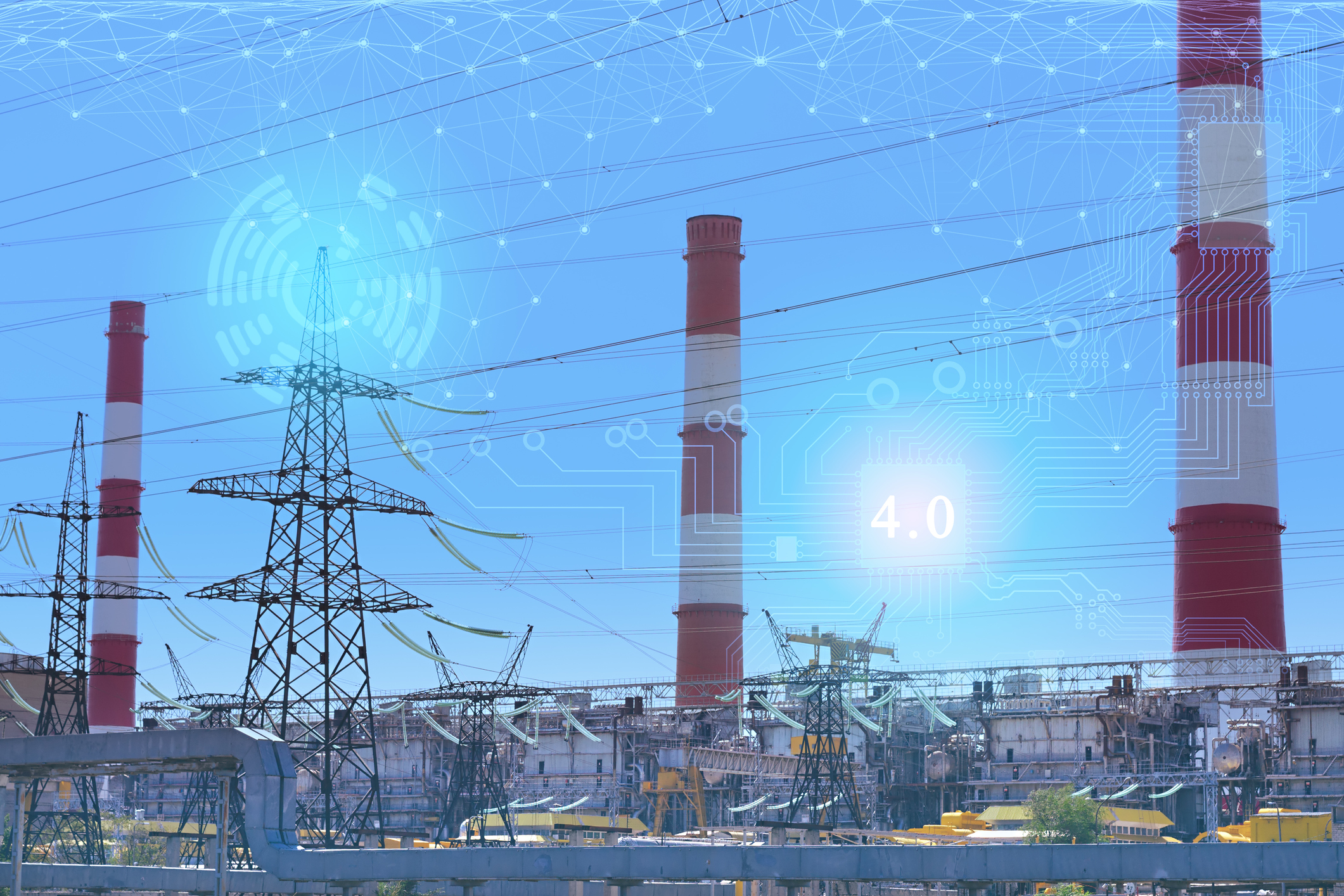Revolutionising District Heating with AI as part of SPARCS
At the recent SPARCS consortium meeting, Dr Simon Albrecht and Nicolai Lawrenz delivered a presentation of a study into the application of Artificial Intelligence (AI) in District Heating. Focusing on the integration of AI into Leipzig’s district heating network, the presentation outlined strategies aimed at enhancing efficiency, reducing carbon emissions, and preparing for the integration of renewable energy sources.
The study focused on three main components. First, there was a spatial heating plan, involving the use of machine learning classification algorithms to classify buildings based on heat demand and geospatial characteristics. This will allow for efficient planning and distribution of the heat grid for the solar thermal plant. The second component involves decentralised agent control of heating stations to prepare the heat grid for the integration of low-temperature energy sources, crucial for the success of the plant.
Finally, the study highlighted the importance of a ‘smart predict then optimise’ system; by improving the forecasting of heat demand using temporal fusion transformers the study integrated asset optimisation problems into forecasting, achieving better allocation of heat generation plants and optimal utilisation of energy volumes.
Why use AI for district heating?
The presentation highlighted the power of AI in uncovering patterns, minimising uncertainty in the grid and market, and tailoring solutions to the specific needs of buildings. Recognising that technologies must be adapted to individual buildings to reduce CO2 emissions efficiently, AI emerged as a key tool in achieving this.
The presentation also highlighted a list of missions for Leipzig’s buildings, these were: (1) understanding Leipzig’s buildings, to understand which technologies and measures are best suited to quickly and cost-effectively reduce CO2 emissions; (2) recognising the potential for efficiency as well as identifying opportunities for increasing the use of locally available renewable energies; (3) predicting the needs of the future; (4) locally implementing intelligent logics – the combination of reinforcement learning and IoT will enable a significant increase in heating efficiency; and (5) building heating platforms with intelligent logics.
Building intelligent heating platforms for Leipzig’s future
The presentation concluded with a vision for Leipzig as a vibrant digital ecosystem, reducing CO2 emissions through incentive-compliant dynamic control by municipal utilities. The proposed intelligent platform consists of layers integrating citizens, devices, assets, analytics, and AI, culminating in a digital foundation supporting applications and services.

